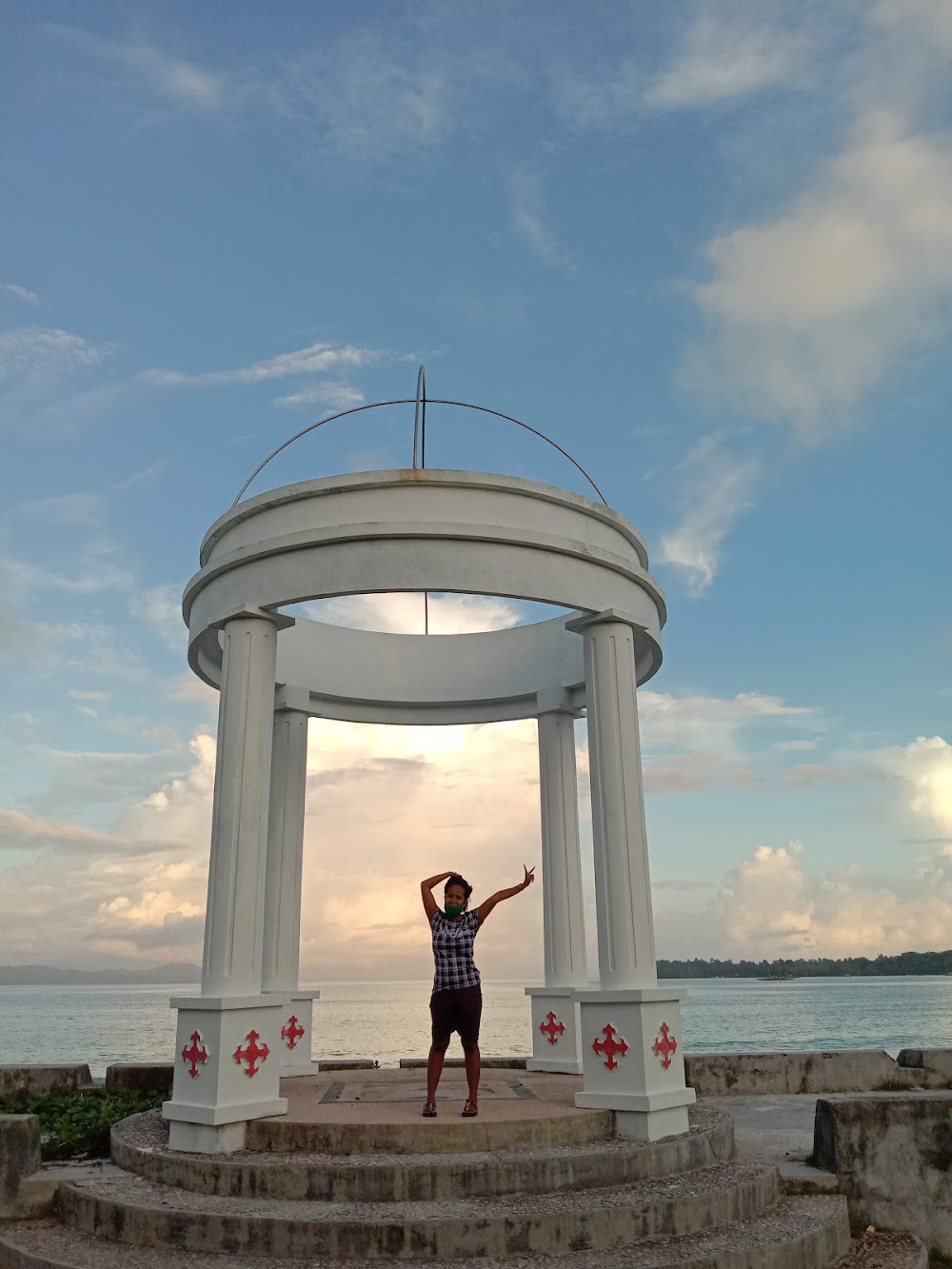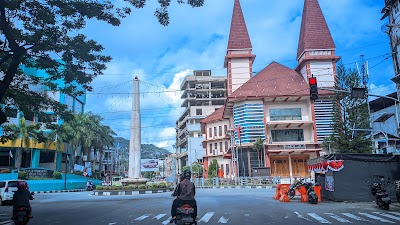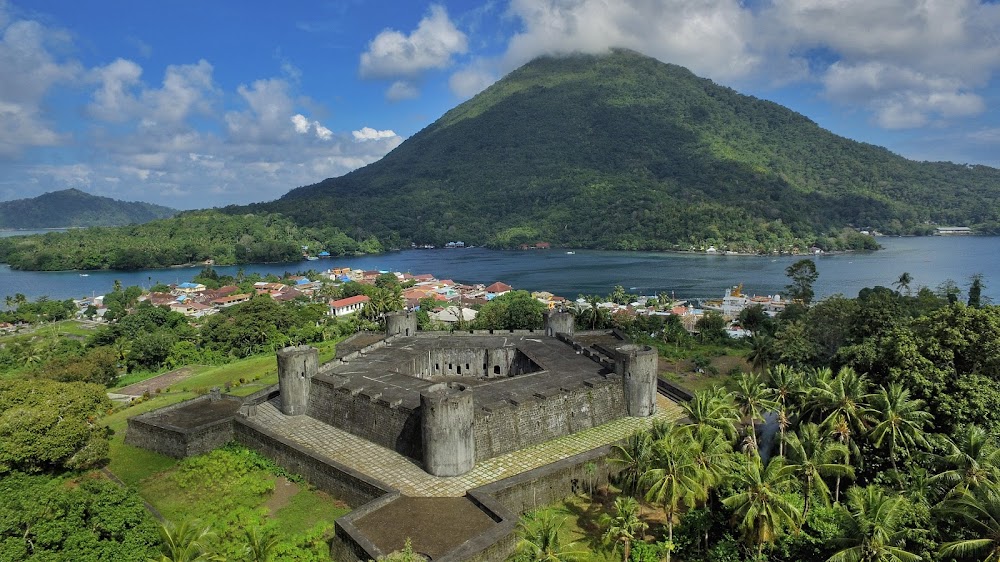Siwalima Museum (Museum Siwalima)
Overview
Nestled in the serene and picturesque city of Ambon, in the province of Maluku, Indonesia, stands the magnificent Siwalima Museum, locally known as Museum Siwalima. This cultural gem pays tribute to the rich heritage and history of the Maluku Islands and the diverse cultures that inhabit them.
The museum's journey began in 1973 when the local government recognized the need to preserve and showcase the unique traditions, artifacts, and natural history of the region. The groundbreaking ceremony marked the inception of a significant project that would symbolize the pride of Maluku's heritage. Over the years, through meticulous planning, the passion and dedication of local artists, and valuable contributions from historians and cultural experts, this vision transformed into a tangible reality.
The Siwalima Museum is divided into two main sections: the Museum of Ethnography and the Museum of Maritime Affairs. Each section is housed in a separate building, thoughtfully designed to reflect the architectural styles and cultural essence of the islands. Set in the scenic area of Taman Makmur, the museum offers stunning views of Ambon's coastline, providing a fitting backdrop for its extensive collections.
In the Ethnography section, visitors can explore the rich cultural and traditional artifacts of the Maluku people. This section features traditional clothing, weapons, musical instruments, and even models of traditional houses. Marvel at the intricate craftsmanship of Moluccan textiles, the ferocity of ancient weapons like the parang, and the elegance of traditional "salawaku" shields. This building serves as a living repository of Maluku's intangible cultural heritage, preserving oral traditions, dance, and local folklore.
A short walk away leads you to the Maritime Affairs Building, which houses an impressive collection of maritime artifacts. This section pays homage to the region’s storied relationship with the sea. Here, you can find elaborately carved boat prows, ancient navigational tools, and models of various traditional Moluccan boats, including the iconic kora-kora boats of the past. The maritime heritage of Maluku, celebrated for its brave and skilled sailors and fishermen, is richly depicted, capturing the essence of a seafaring culture.
Another significant feature of the Siwalima Museum is its natural history collection, which offers a glimpse into Maluku’s biodiversity. This includes mounted specimens of local wildlife, informative displays about the various ecosystems in the region, and detailed information about the endemic species found throughout the Maluku Islands. This aspect of the museum provides visitors with a deeper appreciation of the natural environment that complements the cultural displays.
The museum's construction reflects a thoughtful design aimed at creating a cultural sanctuary. Built with a blend of traditional materials and modern techniques, the buildings mirror the essence of Malukan architecture, featuring wooden structures and thatched roofs typical of the islands. This design choice maintains authenticity and creates a seamless integration with the surrounding landscape.
The Siwalima Museum is committed to education and community engagement, as evidenced by its diverse programming. Regular workshops, cultural events, and educational tours are organized to engage both locals and tourists. These initiatives emphasize hands-on experiences, ensuring that visitors leave with a deeper understanding and respect for Maluku's cultural and natural heritage.
Over the years, the Siwalima Museum has evolved into a vibrant center for cultural exchange and education. Its collaborations with various cultural foundations and partnerships with international museums highlight its significance as not just a local institution, but as a global cultural treasure.
In summary, the Siwalima Museum in Ambon, Maluku, stands as a testament to the region's dedication to preserving its rich past while educating future generations. From its detailed ethnographic collections to its comprehensive maritime exhibits, the museum offers an enriching journey through the heart of Maluku's heritage, celebrating both its human and natural history in equal measure.








